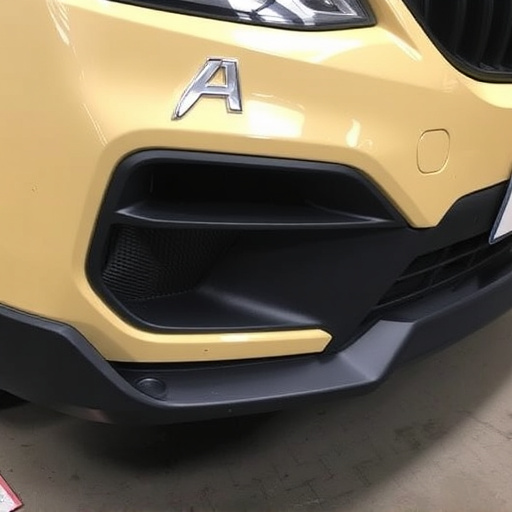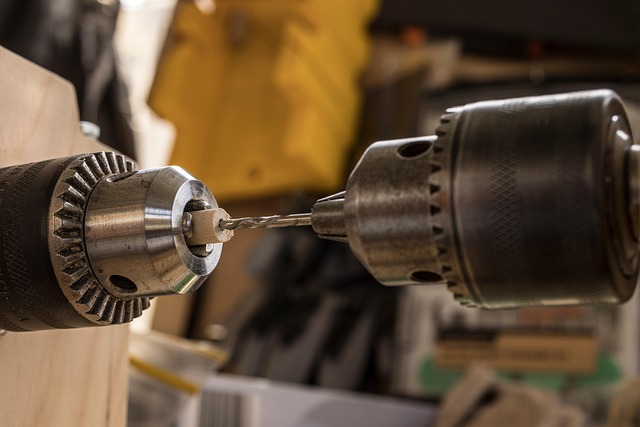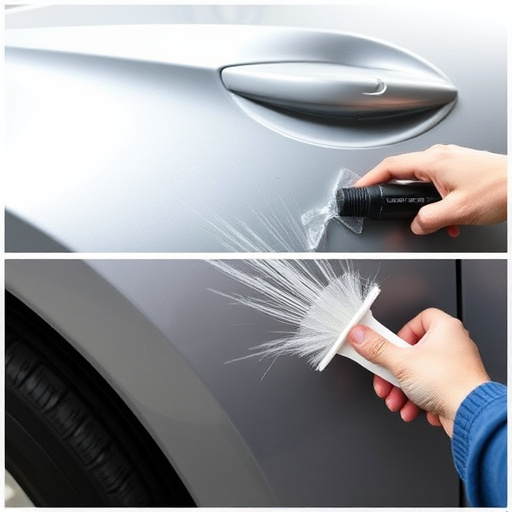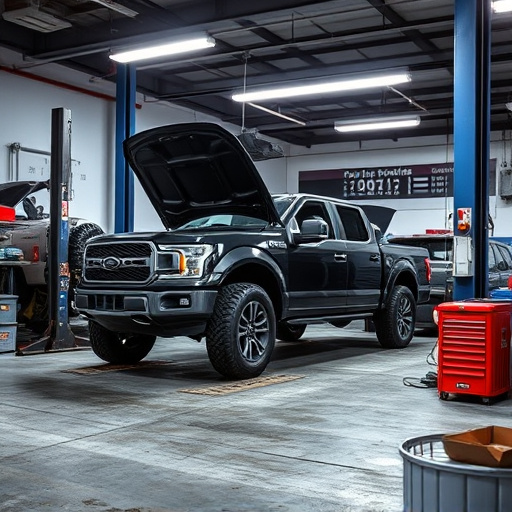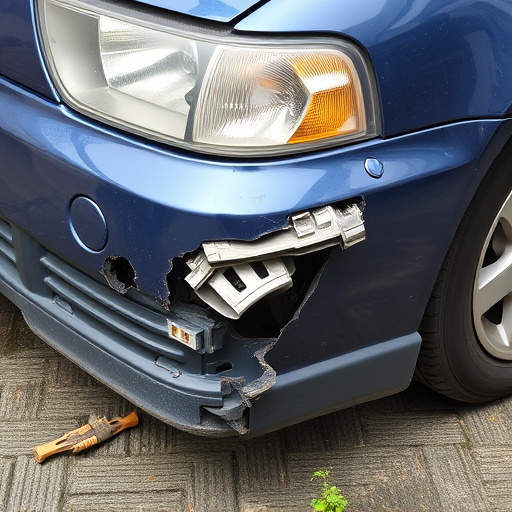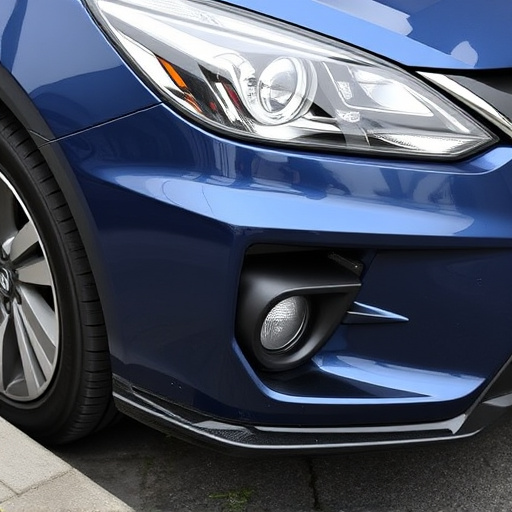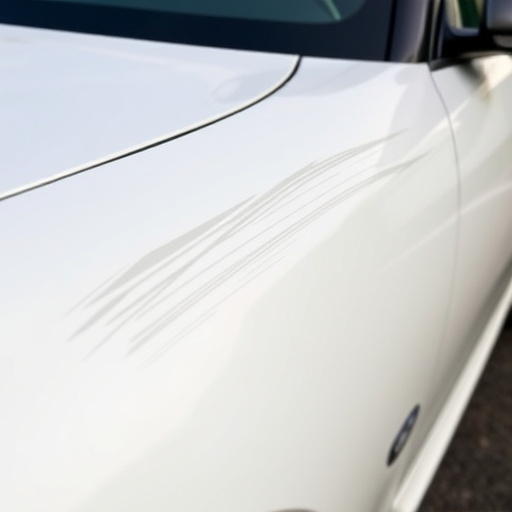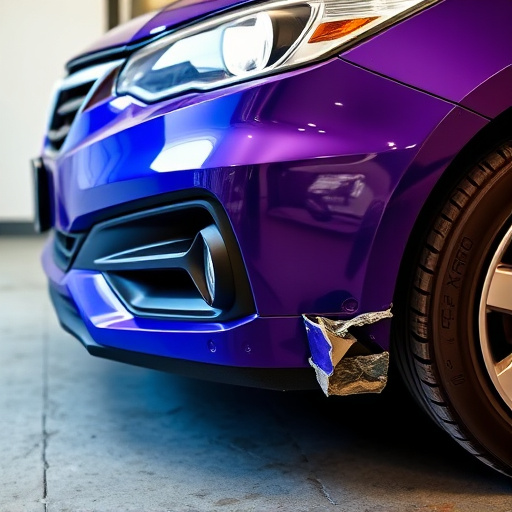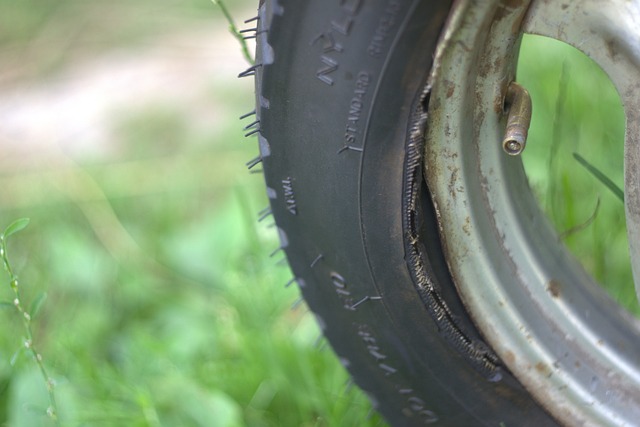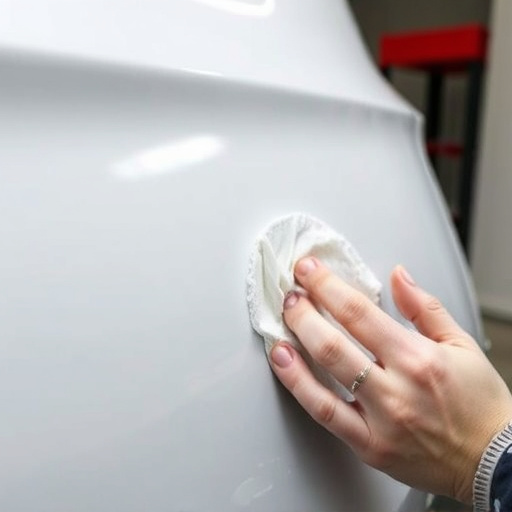Collision repair adhesives, such as polyurethane, epoxy, and acrylic, offer distinct advantages for auto body restoration. Choosing the appropriate adhesive ensures high-quality repairs. Consumers should understand warranty coverage, reviewing terms to ensure protection. Professionals must prioritize quality with reputable brands, proper surface prep, and adherence to guidelines for durable bonding.
Collision repair adhesives play a critical role in ensuring the structural integrity and aesthetic appeal of vehicles after accidents. This article delves into the world of collision repair adhesives, exploring different types and their applications. We also dissect warranty coverage for consumers, providing essential knowledge to make informed decisions. Additionally, best practices are highlighted to ensure the quality of adhesive use in collision repairs. Understanding these aspects is vital for both professionals and consumers alike in the automotive industry.
- Understanding Collision Repair Adhesives: Types and Applications
- Warranty Coverage: What Consumers Need to Know
- Ensuring Quality: Best Practices for Collision Repair Adhesives
Understanding Collision Repair Adhesives: Types and Applications
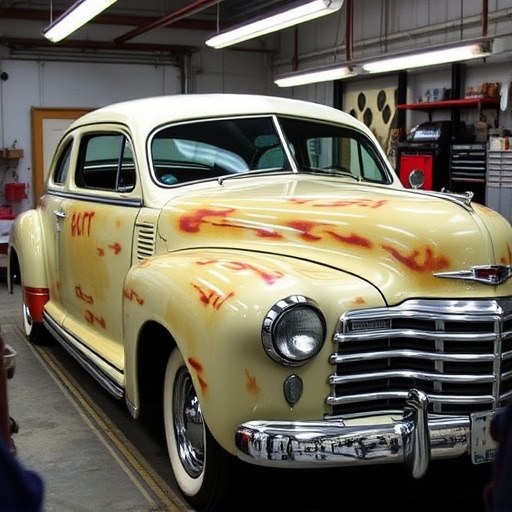
Collision repair adhesives play a crucial role in restoring vehicles to their pre-accident condition. These specialized bonding agents come in various types, each designed for specific applications. Polyurethane adhesives, for instance, are popular due to their strong bond strength and flexibility, making them ideal for structural repairs. Epoxy adhesives, on the other hand, offer exceptional chemical resistance and are commonly used for adhering metal components. Acrylic-based adhesives provide a balance between bond strength and workability, suitable for a range of materials including plastic and glass.
Understanding these differences is essential for auto repair shops and technicians. Choosing the right collision repair adhesive can significantly impact the quality of repairs and the longevity of vehicle parts. For instance, using an inappropriate adhesive might lead to weak bonds or unsightly gaps in dent repair work. With advancements in technology, selecting the appropriate adhesive has become easier, ensuring customers receive reliable and durable auto repairs near them.
Warranty Coverage: What Consumers Need to Know

Collision repair adhesives play a crucial role in ensuring the durability and quality of autobody repairs. When consumers opt for these specialized adhesives as part of their car repair services, understanding warranty coverage is essential. Many collision repair shops offer extended warranties on their work, including the adhesive used during the Mercedes Benz repair process or any other vehicle make.
These warranties typically cover defects in materials and workmanship over a specific period. However, it’s important to scrutinize the terms and conditions, as some warranties may exclude coverage for issues arising from improper application, lack of proper curing, or using substandard adhesives. Consumers should inquire about the warranty policies, ensuring they understand what is covered and any exclusions related to collision repair adhesives to guarantee their investment in high-quality car repair services.
Ensuring Quality: Best Practices for Collision Repair Adhesives
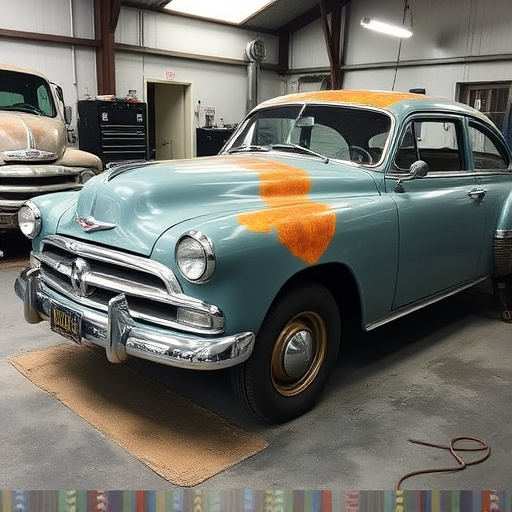
Ensuring quality in collision repair adhesives is paramount for professionals in the auto body repair industry. To maintain high standards, repair technicians should adhere to best practices such as using reputable brands known for their consistency and performance, following manufacturer guidelines strictly, and conducting regular checks on adhesive properties like flexibility, bond strength, and resistance to environmental factors.
Additionally, proper surface preparation is crucial before applying any collision repair adhesives. This involves thoroughly cleaning, sanding, and priming the damaged area to create a strong foundation. Using the right tools and techniques during this stage ensures that the adhesive bonds securely with the car dent repair or automotive restoration work, guaranteeing longevity and durability in the final fix.
Collision repair adhesives play a crucial role in ensuring structural integrity and aesthetic quality during automotive restoration. Understanding the various types and their applications is essential for consumers seeking reliable repairs. Moreover, navigating warranty coverage on these adhesives offers added peace of mind. By adhering to best practices and choosing quality products, collision repair professionals can deliver superior results while respecting manufacturers’ warranties. In essence, informed consumers and meticulous technicians ensure that every repair adheres to the highest standards.
